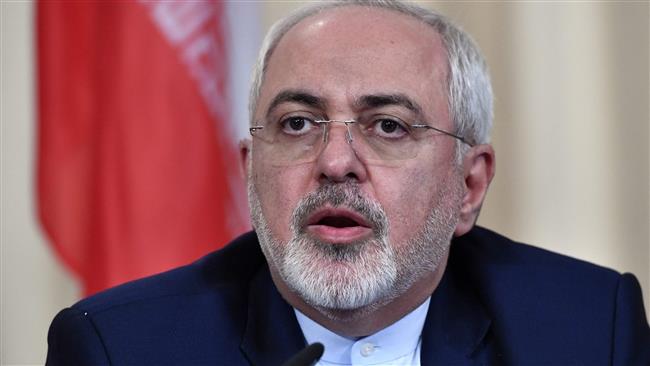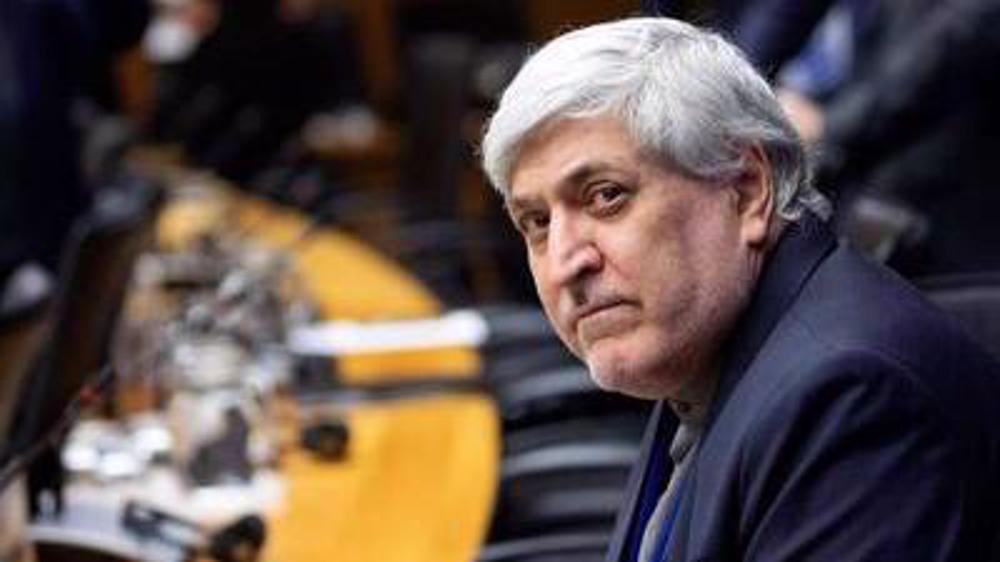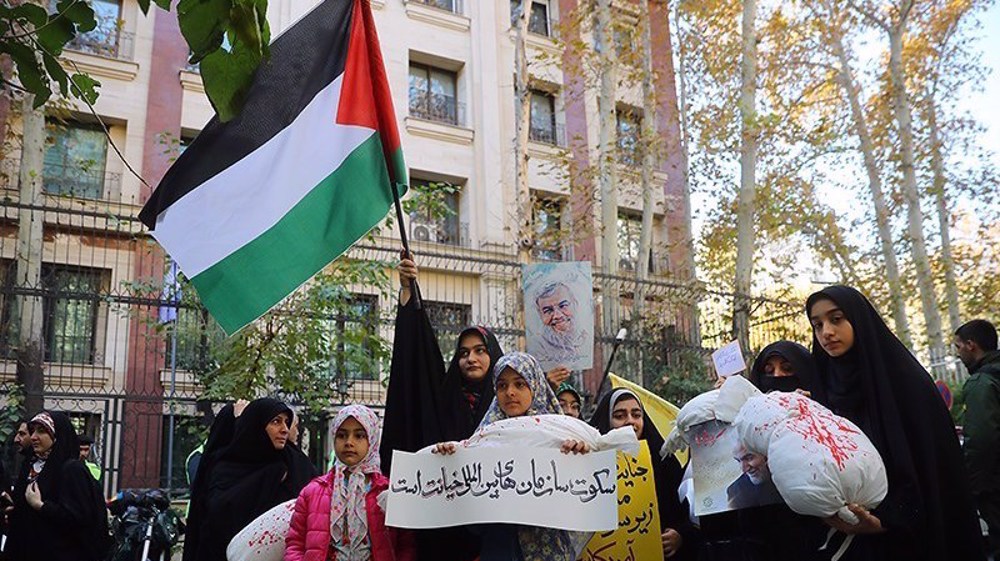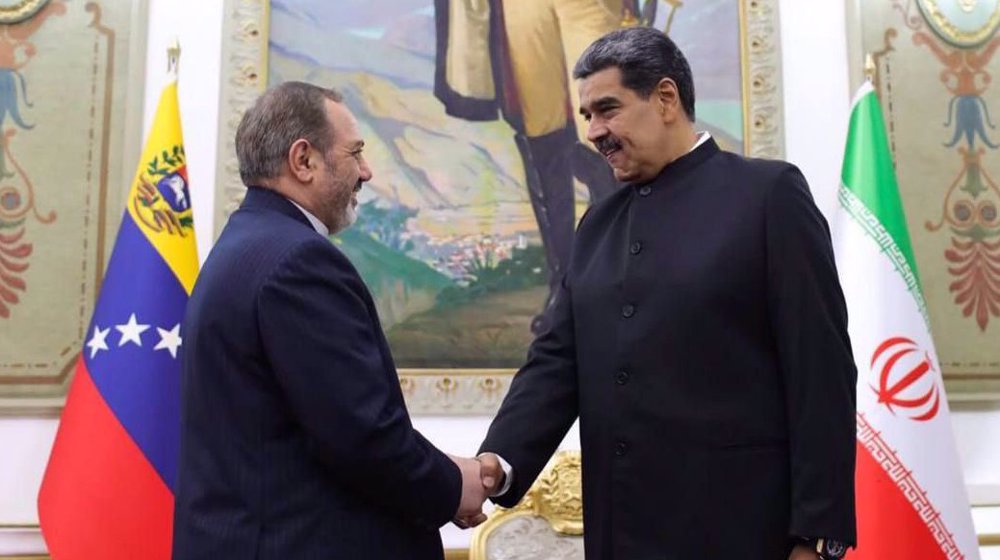Zarif: Trump’s disrespect for Iranians belies his 'support' offer
Iran’s Foreign Minister Mohammad Javad Zarif says US President Donald Trump’s moves against the Iranian people belie his recent claim that he “supports” them.
Trump posted a comment on his Twitter account on Wednesday, expressing his “respect” for the Iranians participating in protests in some cities of the country, claiming that the US will provide “great support” to them “at the appropriate time.”
His claim came after protesters took to streets in a number of Iranian cities starting last Thursday to show their disgruntlement at rising prices and economic conditions in the country.
The protests soon took a violent turn as rioters, who were later revealed to have been fed by foreign intelligence agencies, entered the scene and caused sporadic violence in some Iranian towns and cities for several days.
Zarif took to Twitter on Thursday to condemn Trump’s claim of support for the Iranian people, saying “Trump has an odd way of showing ‘such respect’ for Iranians: from labeling them a ‘terrorist nation’ & banning them from visiting the US, to petty insults on the name of the Persian Gulf.”
He noted that measures taken by the Trump administration vis-à-vis Iran's nuclear deal with the P5+1 group of countries, known as the Joint Comprehensive Plan of Action (JCPOA), and depriving the Iranian people of the deal's economic benefits further belie Trump's claim.
Trump has an odd way of showing “such respect” for Iranians: from labeling them a "terrorist nation" & banning them from visiting the US, to petty insults on the name of the Persian Gulf. But best of all, "helping them" by depriving them of the economic dividends from the #JCPOA.
— Javad Zarif (@JZarif) January 4, 2018
On October 13, 2016, Trump called Iran "a terrorist nation" during a speech on strategic review of US policy on Iran in Washington, just hours before he was expected to say Iran was not complying with the JCPOA.
He also called the Persian Gulf the "Arabian Gulf.” Shortly after the speech, Iranian President Hassan Rouhani urged the US president to brush up on his world history and geography to improve his comprehension of international obligations and global civility, etiquette and conventions.
The deal between Tehran and world powers put limits on certain parts of Iran’s nuclear program in exchange for the removal of all nuclear-related sanctions. However, Trump has refused to keep his end of the bargain.
Recently, Andrew Peek, the deputy assistant secretary of state for Iraq and Iran, said that White House was weighing a reaction to the recent wave of unrest in the country.
“From our part, we will hold accountable those people or entities who are committing violence, from the top to the bottom, against the protesters," Peek told Voice of America. "That involves examining actions we can take against those individuals, like sanctions and other means.”
Senior Iranian officials have denounced US officials' support for recent gatherings in Iran with President Rouhani saying recently that Trump has no right to sympathize with the people of Iran.
Read more:
In a letter to the UN Security Council and UN Secretary General Antonio Guterres on Wednesday, Iran’s UN Ambassador Gholamali Khoshroo also condemned the US support as "grotesque" meddling in the country's internal affairs and a violation of international law.
On Wednesday and Thursday, Iranians from all walks of life took to the streets in several cities to condemn the violence and the US support for the rioters.
VIDEO | IAEA anti-Iran resolution
Iran urges pope to help end Israeli onslaught in Gaza
VIDEO | ICC's warrant against Netanyahu
VIDEO | Dispute over 'self-defense' clause
Israel destroys 8-story residential building in missile strike in Beirut
Nov. 22: ‘Axis of Resistance’ operations against Israeli occupation
VIDEO | Press TV's news headlines
VIDEO | US-Israeli genocide: Will Gazans see ceasefire deal achieved?













 This makes it easy to access the Press TV website
This makes it easy to access the Press TV website